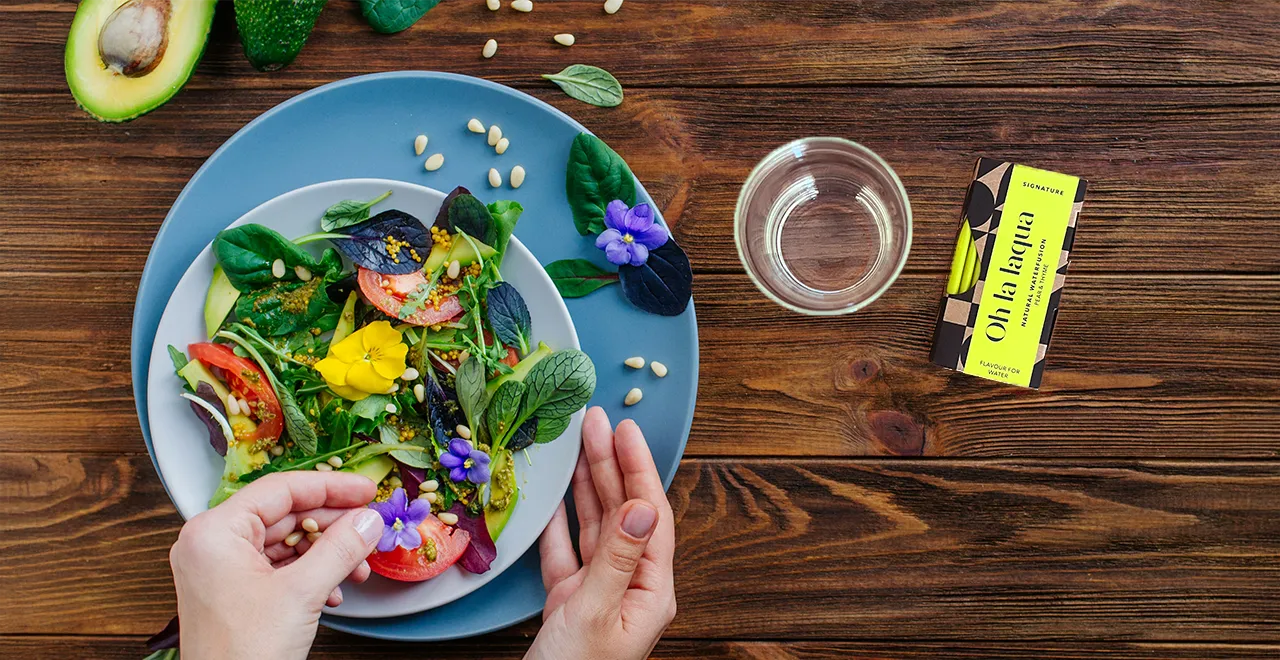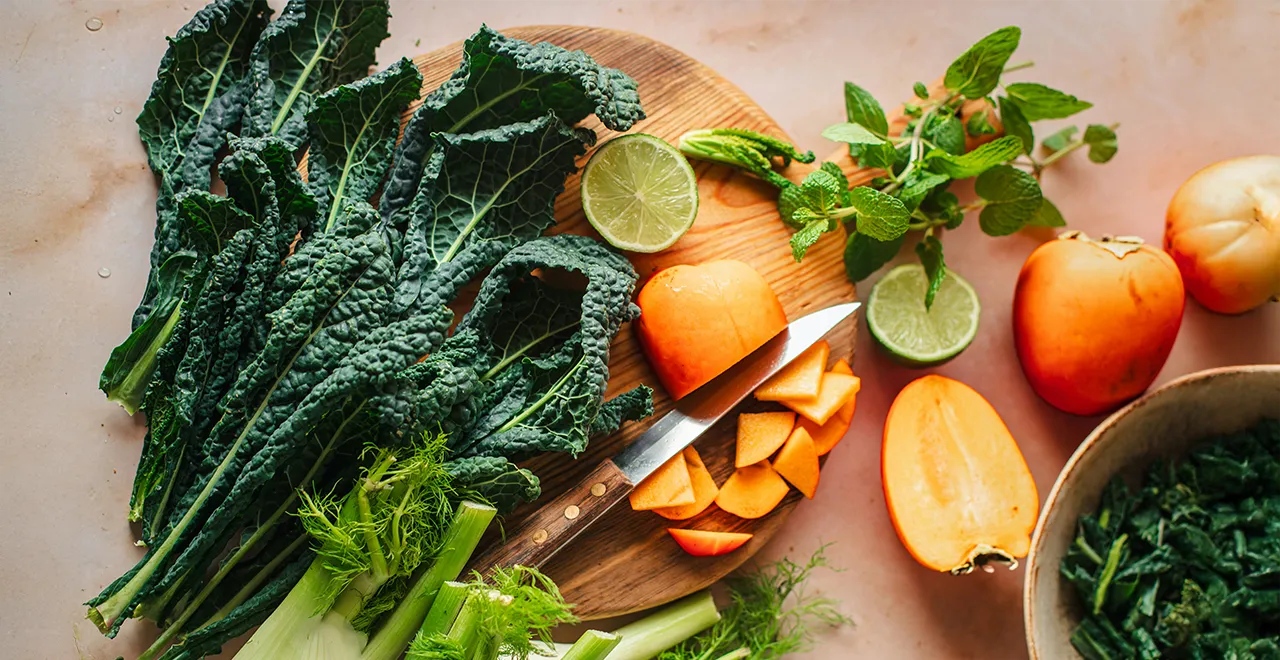Can something that feels so beautifully soft also be hard? Something that is sometimes bubbly, but almost always gentle and flowing? Short answer: Yes, it can.
Water can be hard. This has something to do with calcium and magnesium, i.e. what we colloquially call lime. The more of it your water contains, the harder it is.
But be careful! Hard does not mean unhealthy or anything like that. Hard water simply has more minerals than soft water. That's all.
The origin of the water is decisive for its calcium and magnesium content. In the case of drinking water, for example, which is obtained from groundwater or spring water, the water hardness is heavily dependent on the composition of the respective soil. If the groundwater comes into contact with limestone, the water hardness tends to be higher, whereas surface water tends to be softer. The quickest way to find out the hardness of your drinking water is to contact your local water supplier. Or you can simply take a look at our map.
Incidentally, many people find hard water tastes better cold than soft water. However, the opposite is true for warm or hot water. Crazy, isn't it? Tea and coffee drinkers therefore prefer soft water.
And because the hardness of a water can affect its taste, you should definitely try OH LA LAQUA in more than one water. Depending on your taste preferences, it may taste lighter in one water and more intense in another. In general, however, you can say that our liquid flavor tastes more intense in soft water. Just give it a try.
Our tip: You can use a water filter to soften very hard tap water in no time at all.
Water hardness of tap water in Germany
On this map you can find out in which regions in Germany the tap water is "hard" or "very hard".






